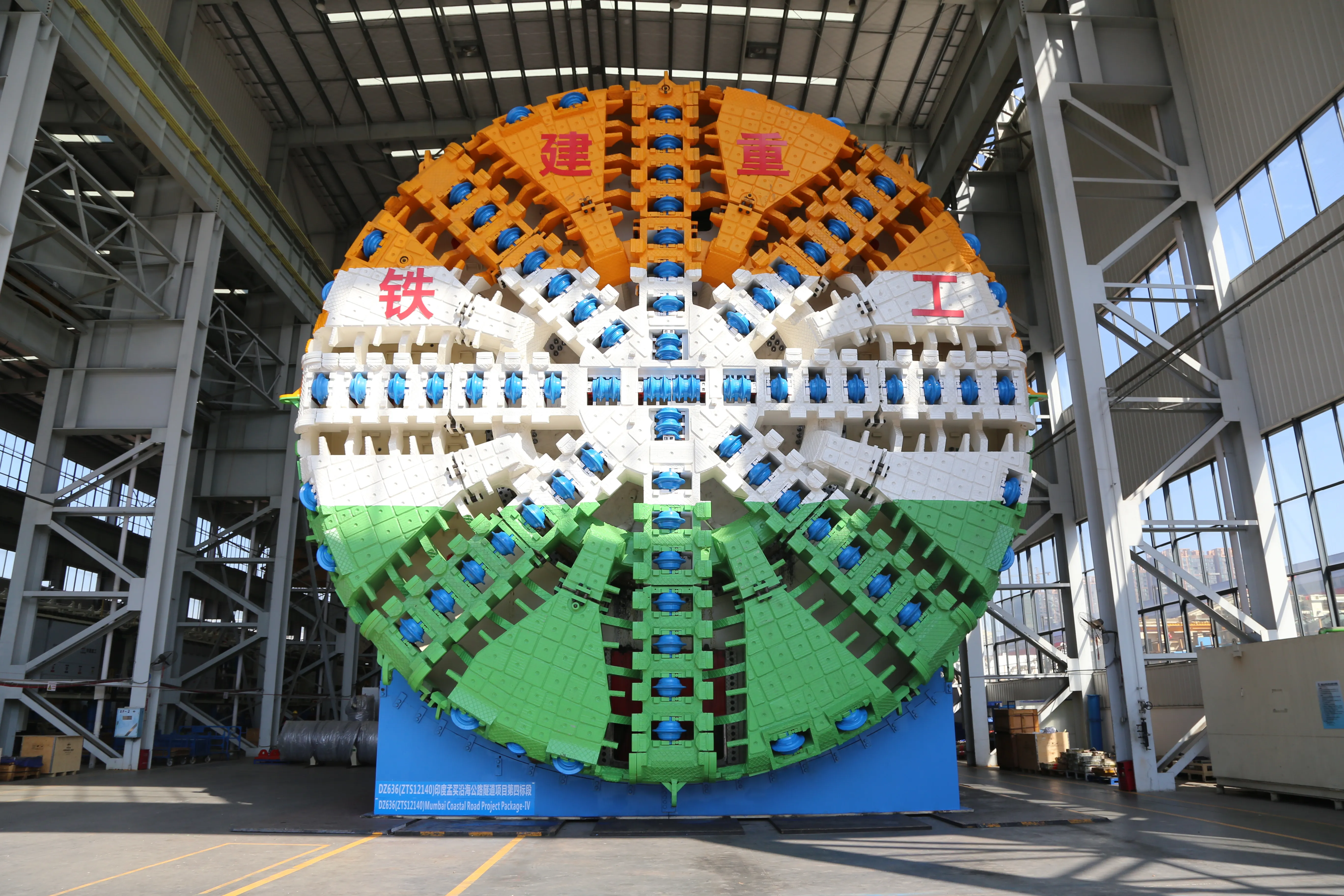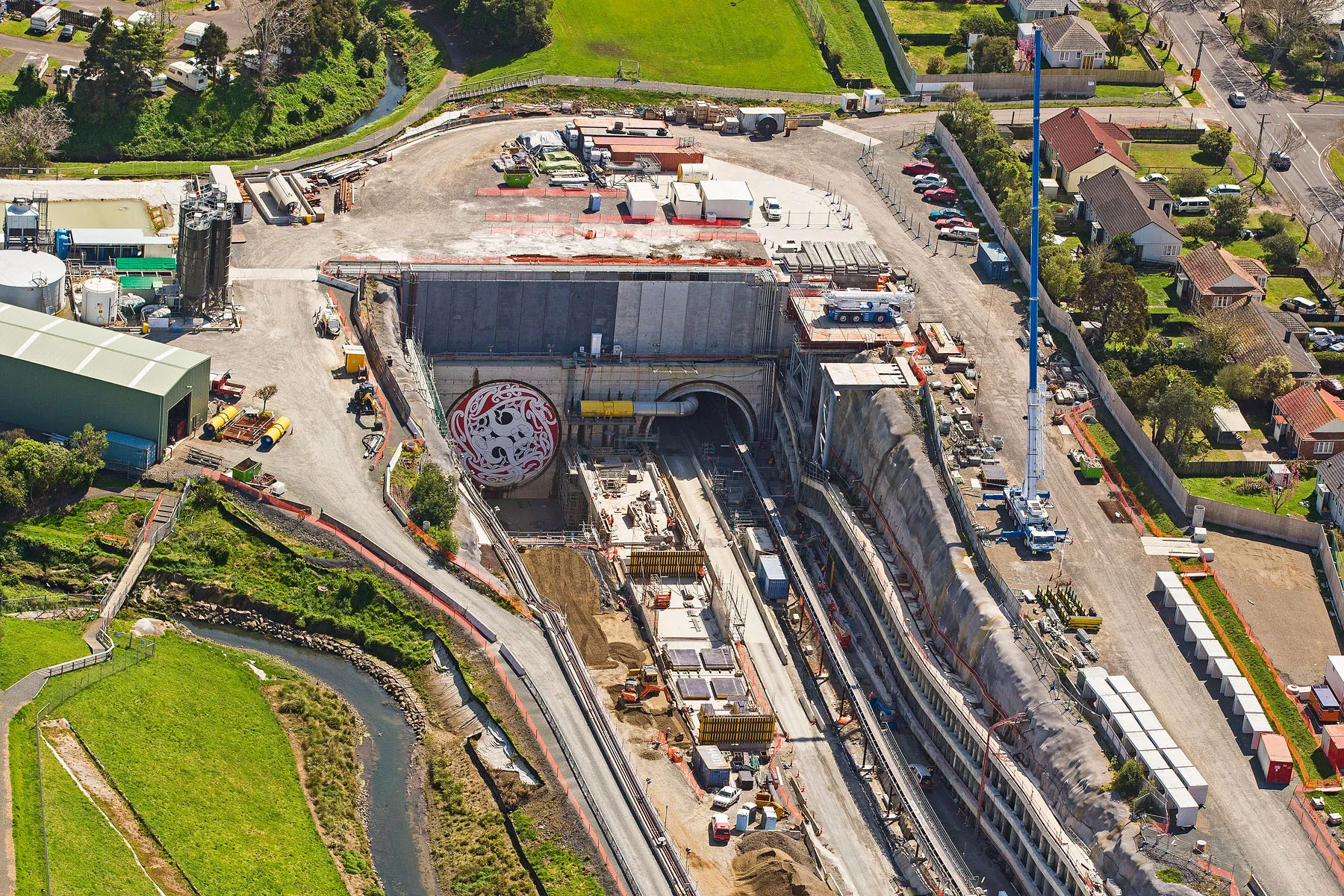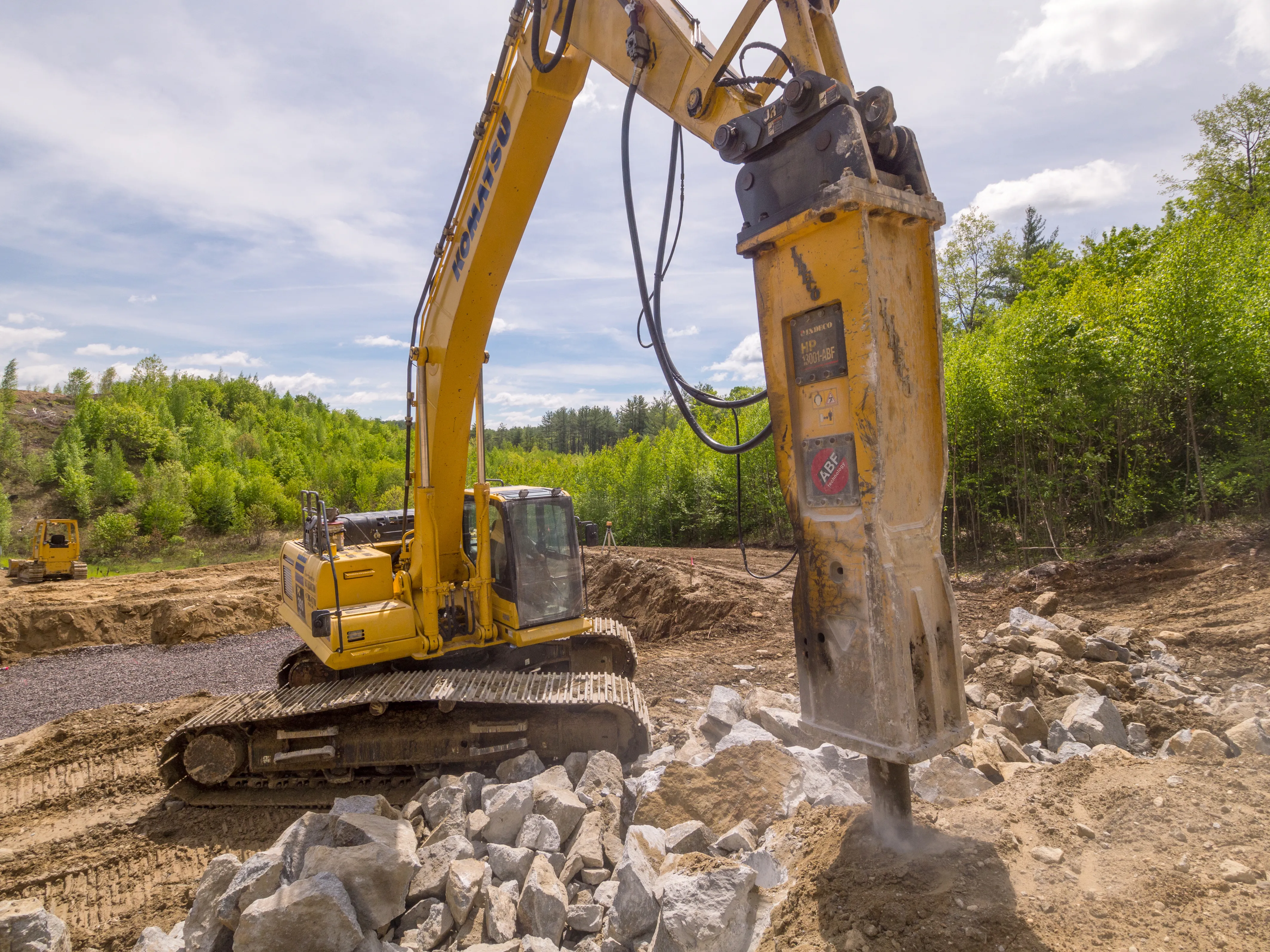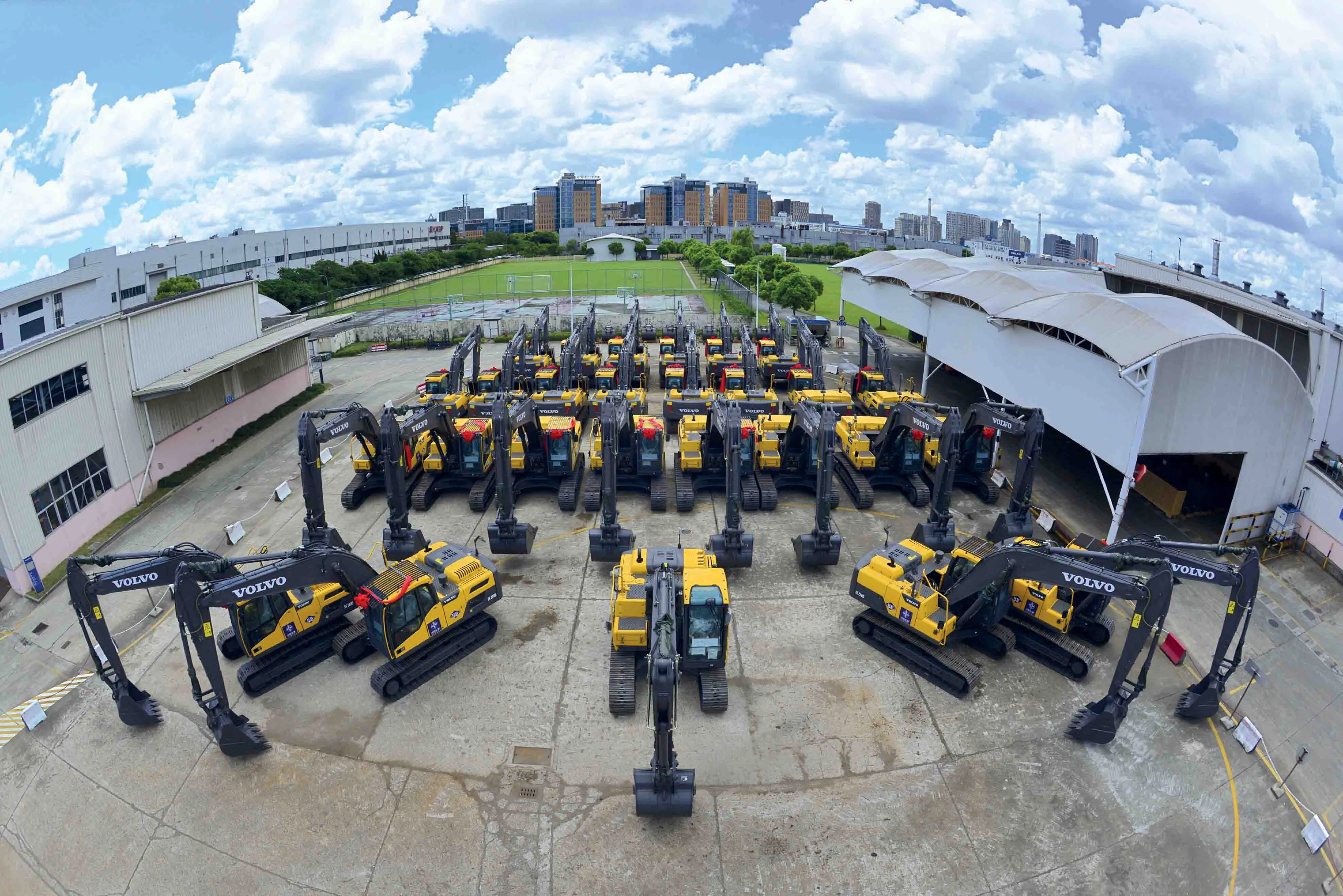
A large diameter tunnel boring machine (TBM) has been built in China for a project in India. Manufacturer CRCHI has constructed the TBM at its main facility in Changsha, China. The TBM will be used to help construct a tunnel stretch for the Mumbai Coastal Road Project.
The TBM will be shipped from Shanghai to Mumbai for the coastal road project. Featuring an excavation diameter of 12.2m, this Slurry TBM is 80m long and weighs 2,300tonnes. It has an installed capacity of 7,280kW and a gradeability of 5%. It will be the largest diameter TBM ever used in India.
The Mumbai Coastal Road Project is a key project for Mumbai and will measure 29.2km in length. The road will connect Marine drive to Kandivli. The CRCHI Slurry TBM will be used to drive a 1.92km tunnel comprising part of the route.
The tunnel construction work will have to deal with complex geological conditions that require excavation in deep overburden. The tunnel drive will pass through a compound stratum of basalt, breccia and shale, with the maximum uniaxial compressive strength up to 200MPa.
To solve the challenges, CRCHI Slurry TBM is designed with a mixed cutter head with eight spokes and eight panels, which will enable the machine to bore in the complicated strata for a long distance. To solve the problems such as mudcakes forming on the cutterhead and slurry discharge blocking, the TBM is fitted with a big-diameter slurry feeding port and several slurry flushing lines to increase the flow rate of slurry. In addition, 508mm diameter disc cutters are fitted to the TBM to improve machine’s rock breaking capacity and prolong its lifespan.
In addition, this CRCHI Slurry TBM benefits from innovative features, such as a dual-chamber indirect slurry control system, a dual-circuit automatic pressure system, high-torque and retractable main drive, as well as a high-power slurry circulation system.
This is the 5th TBM supplied by CRCHI for projects in India.









